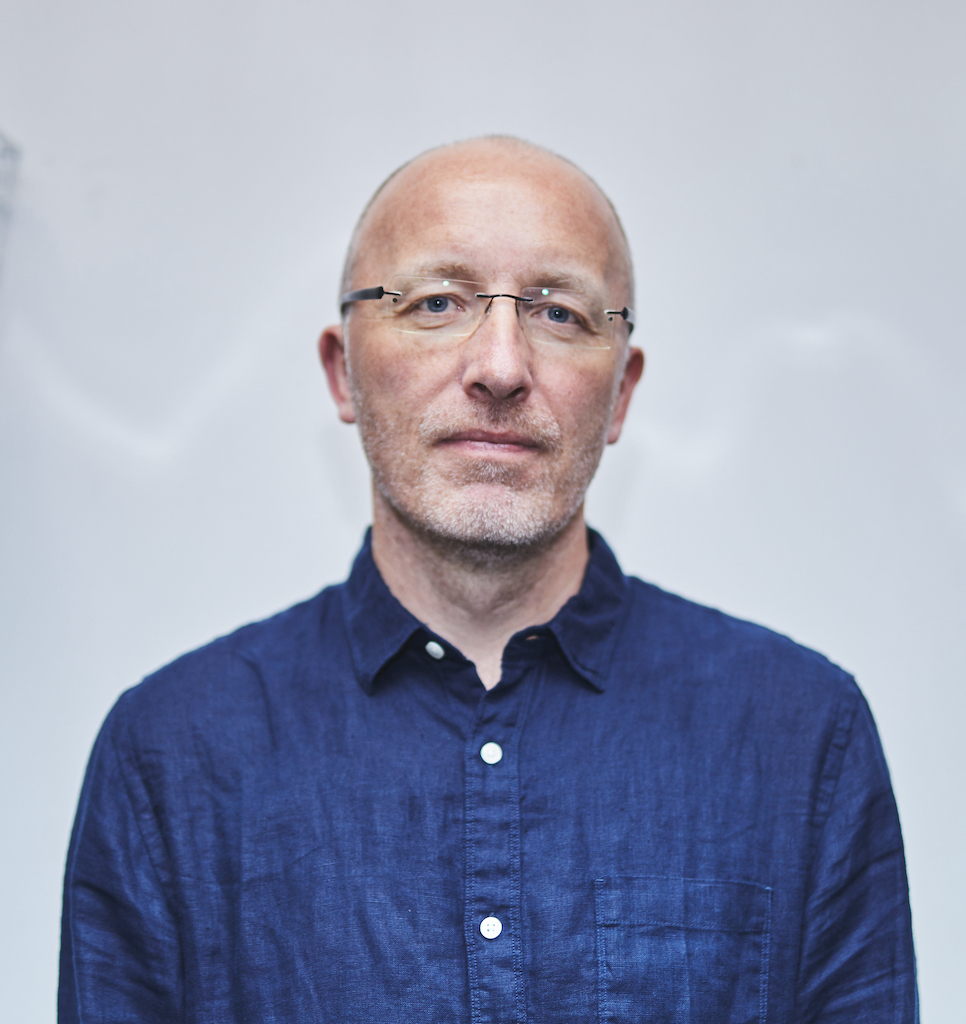Given that the word therapy makes up half of our profession’s name, you might think physiotherapists would have developed a thorough understanding of the concept. But this is not the case. In fact, within the physiotherapy literature, there has been almost no discussion of what the word ‘therapy’ actually means.
We can glean some understanding though by looking at the way the concept is used in the literature. And here it seems that we broadly understand therapy to be done by people for people; to be a conscious, relational act that is broadly beneficial; to be an act that requires skill to administer; is episodic; and confined to the immediate environment around the therapist and the client.
But is this correct? Are we right to assume that therapy is done for people by people? What about therapy involving animals? And is therapy actually performed by a “person”, as the axiom assumes, or is some other agent responsible? If I manually hyper-inflate a patient’s collapsed and consolidated long segment, is it me, Dave, that is doing the therapy, or the pressure of the air being driven into the patient’s lung? What about the long surface tension? And what of the influence of collateral long segments? Am ‘I’ really the therapist?
In a talk I gave recently at the inaugural Environmental Physiotherapy Festival 2023, I tried to unpack questions like this and a whole range of other issues relating to the concept of therapy. For instance, can we say that therapy is a conscious and deliberate act, when I’m sure many times I’ve been unaware of the therapeutic effect I’ve had on the other. And further, some people might argue that therapy is whatever the other person perceives. But can it be this simple? What of the times when I do therapeutic work on someone who is unconscious? And does a person have to be consciously aware of oxygen joining with haemoglobin for it to be ‘therapeutic’?

David Nicholls (PhD)
Prof Critical Physiotherapy, School of Clinical Sciences, AUT University, Auckland, New Zealand
Dave is a writer, teacher and researcher with a passion for transformative change in physiotherapy. He was the founder of the Critical Physiotherapy Network and now writes weekly blogposts at https://paradoxa.substack.com
The reason questions like this have become so important in recent years is because physiotherapists are now actively looking for broader more holistic understandings of physical therapy and are much more open to the idea that the body as machine is no longer enough. However, much of the work to expand the boundaries of physiotherapy has so far focused on greater humanism within the professions. It has driven towards more qualitative research, more social activism to emancipate the voice of the marginalised other, and more behavioural and cognitive aspects of therapy, for instance.
And what could be wrong with this? Well, just as physiotherapists have driven more towards humanism there has been a growing consensus in the sociology and philosophy literature that we need to pay more attention to the non-human world of animals, plants, and inorganic entities. Only this can push back against the anthropocentrism that has brought about the climate catastrophe, holocausts, exploitative capitalism, and other forms of privileged white, ableist, Anglo- and hetero-normative oppression.
What these literatures promise is that once we break free of the straitjacket of thinking of therapy in the ‘traditional’, biomedical, Enlightenment way, a whole new world of possibilities opens up. But the challenge exists to find a theoretical framework that can take account of this vastly expanded idea. Over the few years a number of physiotherapists have been exploring some of this work, drawing on the work of people like Gilles Deleuze, Jane Bennett, Graham Harman, Karen Barad, and a range of new materialists and object-oriented ontologists.
It’s fantastical to imagine that we are on the cusp of a new era in physiotherapy; an era demarcated by people within the profession pulling down the wall that our forebears worked so hard to build. But there is definitely a sense of a massive change coming and it behoves all of us to think carefully about some of those things we have so often taken for granted.
Image credits
Header image David Arrowsmith on Unsplash


The most insightful and inspiring talk I ever listened. Thank you David, for your work, for putting into words and questions these brilliant ideas that I have been asking myself for years without having ever been able to articulate them like you did. This is wonderful work. That resonates with every molecule of my self that I no longer can define and it felt very therapeutic. I can’t wait to read your next book.
Thank you again.
Clem
I will definitely re-listen it because a lot of thoughts appeared in my head due to the collison of my stiff ideas with questions and ideas of David… I already sent this video to my friends who work in the field of psychotherapy and we will have a lot of things to discuss with them.